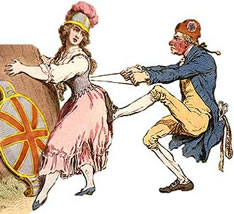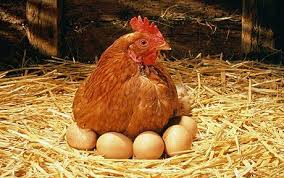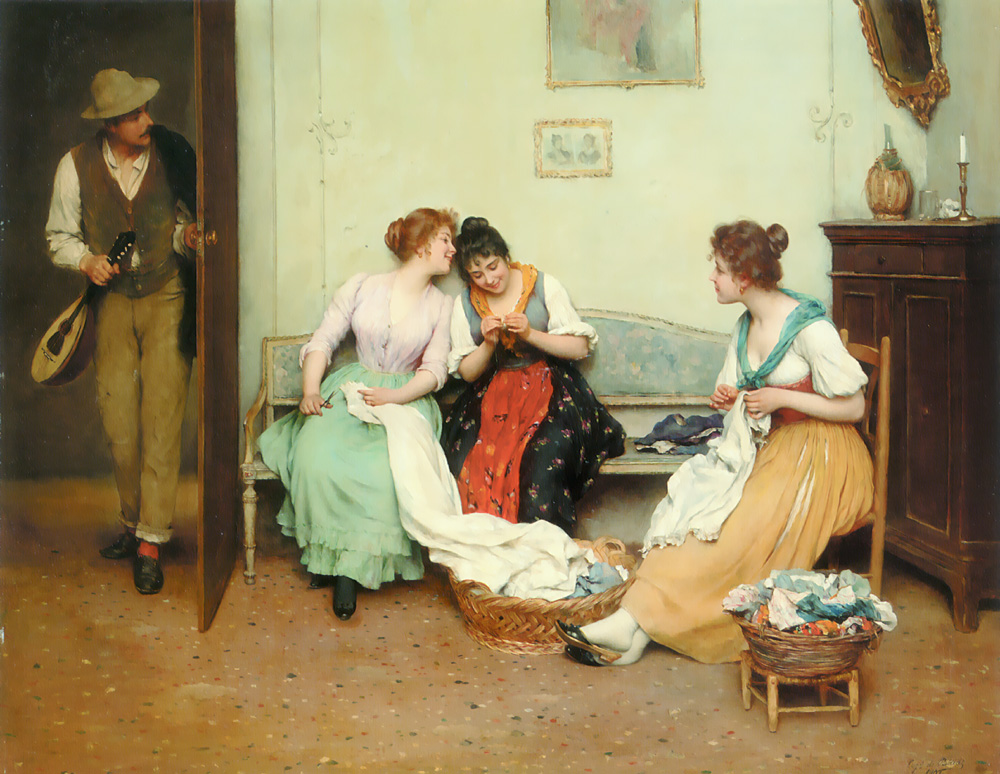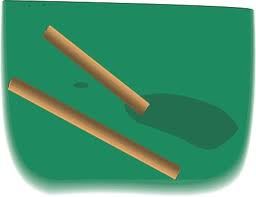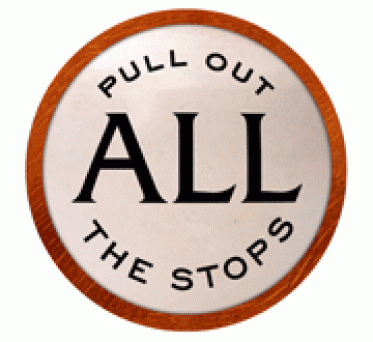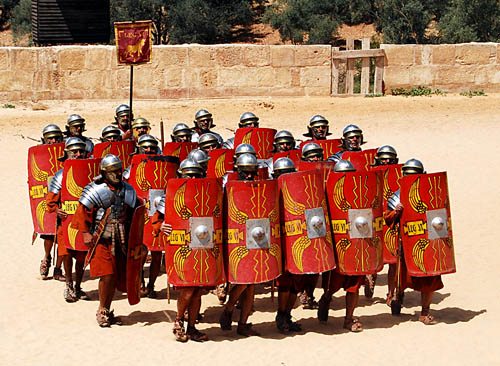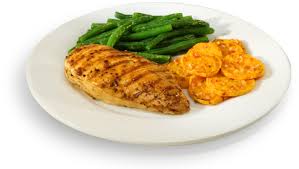The hair of the dog that bit you means a small measure of drink, intended to cure a hangover. The fuller version of this phrase, that is, ‘the hair of the dog that bit me’, gives a clue to the source of the name of this supposed hangover cure. The phrase derives from the mediaeval belief […]
Tag: sayings
DYK: Are you straight-laced?
The phrase Straight-laced was originally STRAIT laces. The old English word strait meant tight or narrow. In Tudor times buttons were mostly for decoration. Laces were used to hold clothes together. If a woman was STRAIT laced she was prim and proper. VINEGAR OF THE FOUR THIEVES: Recipes & curious tips from the past Check […]
DYK: Lay an egg – the phrase seems to be connected with sports
Lay and egg – This phrase thus seems to be unrelated to the “zero” sense of the word egg, though it’s possible that its use in sporting contexts is influenced by it. Some believe it originated in from the British sport of cricket. When you fail to score, you get a zero – which looks like an […]
DYK: Chew the fat – where did this idiom come from?
DYK: Did you know? Chew the Fat -Today this means to have a long friendly conversation with someone. This idiom has several possible sources as listed below. It is not clear which one is accurate. Sailors, while of resting and conversing would chew on salt-hardened fat. It has been speculated that the phrase may come from […]
DYK: Did you ever receive the short stick?
DYK: Did you know? The short stick comes from candle making – Candles were expensive to make, so often reeds were dipped in tallow and burned instead. When visitors came, it was the custom for guests to make their exit by the time the lights went out. Therefore, if your host didn’t want you to […]
DYK: Strike while the iron is hot – what does it mean?
DYK: Did you know? “Strike while the iron” is a phrase that means to take action immediately in order to have a better chance of success. It comes from the days when blacksmiths lifted iron objects from the furnace and hammered it. They could only hammer the object into shape while the iron was hot, before it […]
DYK: Is your house spic and span clean?
DYK: Did you know? The saying ‘spic and span’ meant new. A span was a wood shaving. If something was newly built it would have tell-tale wood chips so it was ‘span new’ spick is an old word for a nail. New spicks or nails would be shiny. However words and phrases often change their […]
DYK: Have you ever pulled out all the stops?
DYK: Did you know? Pulling out a stop lets air flow through a pipe and make a sound. Prior to the introduction of pipe organs the word ‘stop’ had, in a musical context, been used to mean ‘note’ or ‘key’. Organs have stops to control the air flow through the pipes and pulling them out […]
DYK: To close ranks – what is the real meaning?
DYK: Did you know To close ranks means to join with someone in a cause, or agreement. In the old-time European armies, the soldiers were aligned side by side, in neat rows, or ranks, on the battlefield. When the enemy attacked, officers would order the troops to close ranks; that is, to move the rows close together, so that the enemy faced a […]
DYK: Would you like a square meal? This is what you want
DYK: Did you know? In olden days, your dinner plate was a square piece of wood with a “bowl” carved out to hold your serving of the perpetual stew that was always cooking over the fire. The kettle was never actually emptied and cleaned out. New ingredients were simply added to the muck. You always […]

